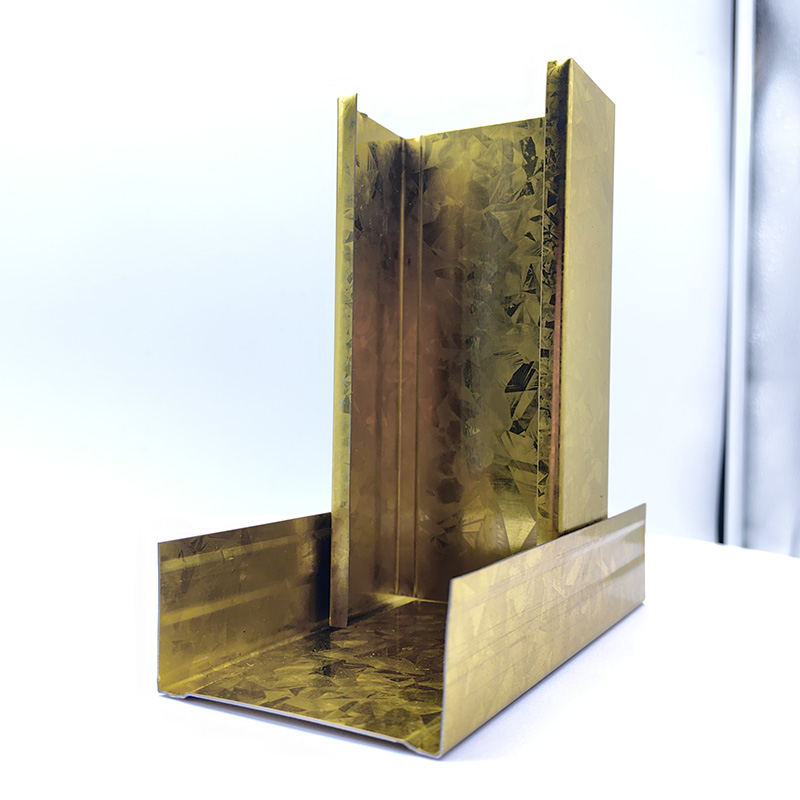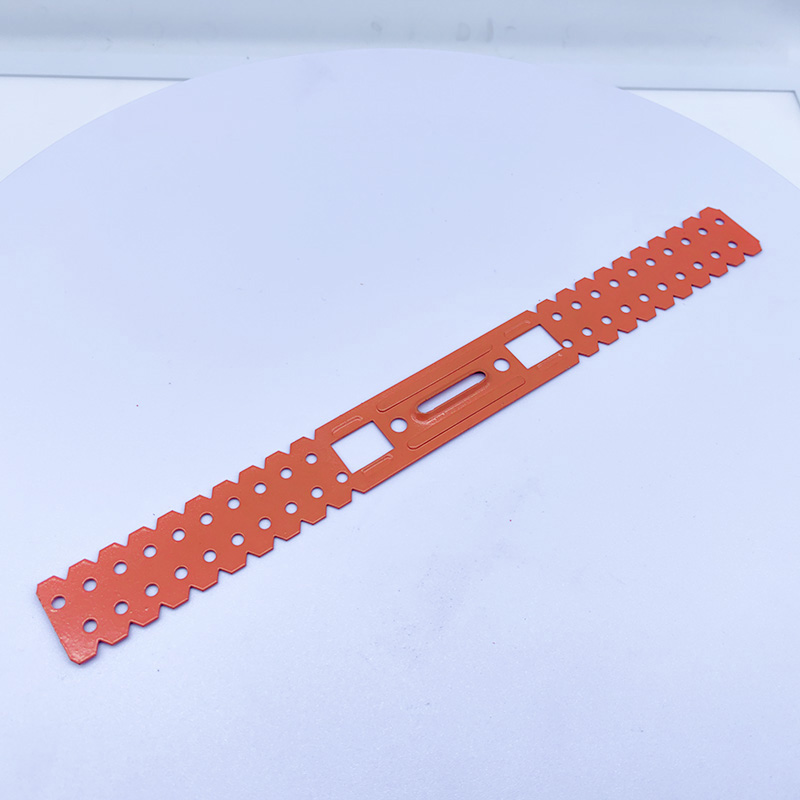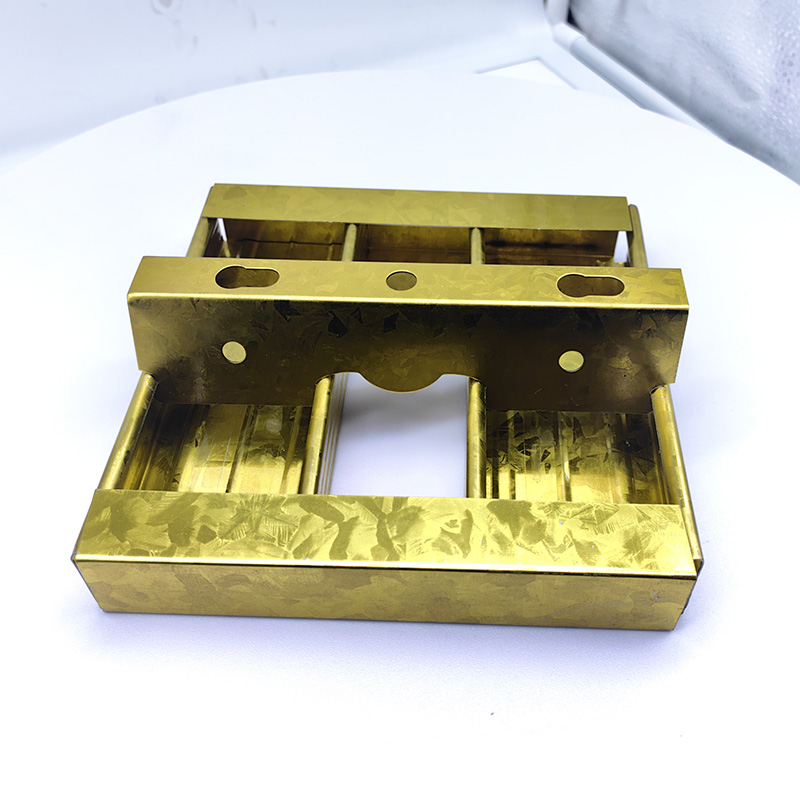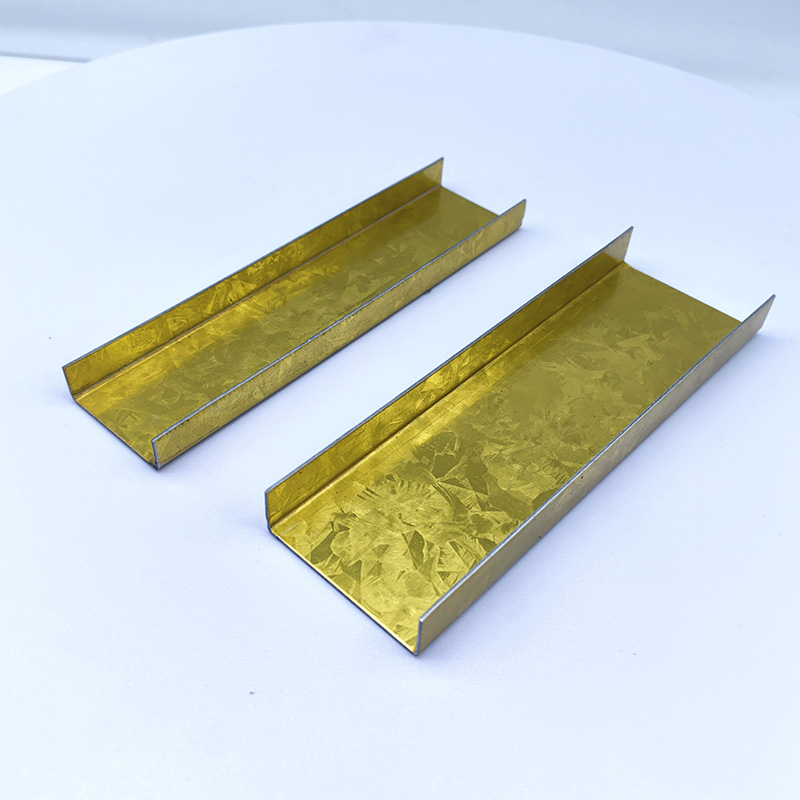Understanding Drywall Partitions: Types and Benefits
2024-11-08 16:16:12
Understanding Drywall Partition: Types and Benefits
Drywall Partition systems are a popular choice in both residential and commercial construction for creating interior walls and dividing spaces. Offering a cost-effective and versatile solution, drywall partitions can be customized to suit a wide range of design and functional needs. In this article, we will explore the different types of drywall partitions and their benefits, highlighting why they are an ideal choice for many building projects.
What Are Drywall Partitions?
Drywall Partitions are constructed using drywall panels (also known as plasterboard or gypsum board) that are attached to a framework of metal or wooden studs. These partitions serve as non-load-bearing walls that help divide rooms or sections within a building, providing privacy, insulation, and aesthetic appeal. Drywall partitions are typically easy to install and modify, making them a popular choice for both permanent and temporary interior solutions.
Types of Drywall Partitions
There are several types of drywall partitions, each suited to different applications depending on the requirements of the space. Some of the most common types include:
Standard Drywall Partitions
Description: The most basic form of drywall partition, standard drywall partitions consist of regular drywall panels attached to metal or wooden studs. These partitions are typically used for interior walls and ceilings in residential and commercial buildings.
Applications: Residential homes, offices, and commercial buildings for simple room divisions.
Fire-Resistant Drywall Partitions
Description: Fire-resistant drywall (also known as Type X drywall) contains additives such as fiberglass to improve its fire resistance. This type of drywall is often required in areas of a building where fire safety is critical.
Applications: Fire-rated walls in commercial buildings, high-rise apartments, and areas with stringent fire codes.
Soundproof Drywall Partitions
Description: Soundproof drywall partitions use specialized materials such as acoustic gypsum boards or additional layers of sound-dampening material to reduce noise transmission between rooms. These partitions are ideal for spaces that require sound isolation.
Applications: Offices, music studios, conference rooms, and residential spaces where privacy and quiet are important.
Moisture-Resistant Drywall Partitions
Description: Moisture-resistant drywall, also known as green board, is treated to prevent mold and mildew growth. These partitions are commonly used in areas prone to high humidity or water exposure.
Applications: Bathrooms, kitchens, laundry rooms, and basements.
Impact-Resistant Drywall Partitions
Description: Impact-resistant drywall is designed to withstand physical impacts and is often used in high-traffic areas or locations where walls are at risk of damage.
Applications: Hallways, schools, hospitals, and areas with heavy pedestrian traffic.
Decorative Drywall Partitions
Description: These drywall partitions are finished with special textures, paints, or decorative panels that enhance the aesthetic appeal of a room. They can include features such as built-in niches, ledges, or archways.
Applications: Homes, hotels, and restaurants where aesthetics play a key role.
Benefits of Drywall Partitions
Cost-Effective
Description: One of the biggest advantages of drywall partitions is their cost-effectiveness. Drywall is relatively inexpensive compared to other building materials like brick or concrete, making it a budget-friendly option for interior walls.
Benefit: Ideal for large-scale projects where cost savings are essential.
Ease of Installation
Description: Drywall partitions are quicker and easier to install than traditional brick or masonry walls. The panels can be cut and attached to the studs with minimal effort, reducing installation time.
Benefit: Faster project completion and reduced labor costs.
Versatility and Customization
Description: Drywall partitions can be easily customized to meet specific design requirements. It can be shaped, painted, and finished in various ways to suit the aesthetic needs of a space.
Benefit: Flexible design options for both residential and commercial spaces.
Space Division
Description: Drywall partitions are an effective way to divide large rooms or open-plan spaces into smaller, more functional areas. They can create private offices, bedrooms, or any other type of enclosed space within a building.
Benefit: Increased functional use of space without the need for permanent walls.
Soundproofing and Insulation
Description: Certain types of drywall partitions are designed with soundproofing or insulation properties. This can help with noise reduction between rooms and improve thermal insulation.
Benefit: Increased privacy, comfort, and energy efficiency in buildings.
Fire Safety
Description: Fire-resistant drywall partitions provide an additional layer of safety by slowing the spread of fire. This is particularly important in high-rise buildings or commercial spaces where fire codes are stringent.
Benefit: Enhanced fire protection and compliance with building regulations.
Maintenance and Repairs
Description: Drywall partitions are relatively easy to maintain and repair. Small holes or damage can be patched up quickly with spackle or joint compound, and the surface can be repainted or refinished as needed.
Benefit: Minimal upkeep and long-lasting performance.
Conclusion
Drywall partitions are an excellent solution for creating flexible, functional, and aesthetically pleasing interior spaces. Whether you are dividing a room, improving soundproofing, or ensuring fire safety, there is a drywall partition type suited to your specific needs. With their cost-effectiveness, ease of installation, and adaptability, drywall partitions remain a popular choice for both residential and commercial construction projects.

A Double Anti-Rust Gold Partition Wall Stud is a type of steel stud commonly used in the co...

A CD UD Profile Furring Clip U Clamp is a type of metal fastening component used in the ins...

A 60mm Ceiling Grid refers to a type of suspended ceiling system, commonly used in commerci...

38mm Main Tee and 50mm Main Tee refer to the widths of the main tee profiles used in suspen...

